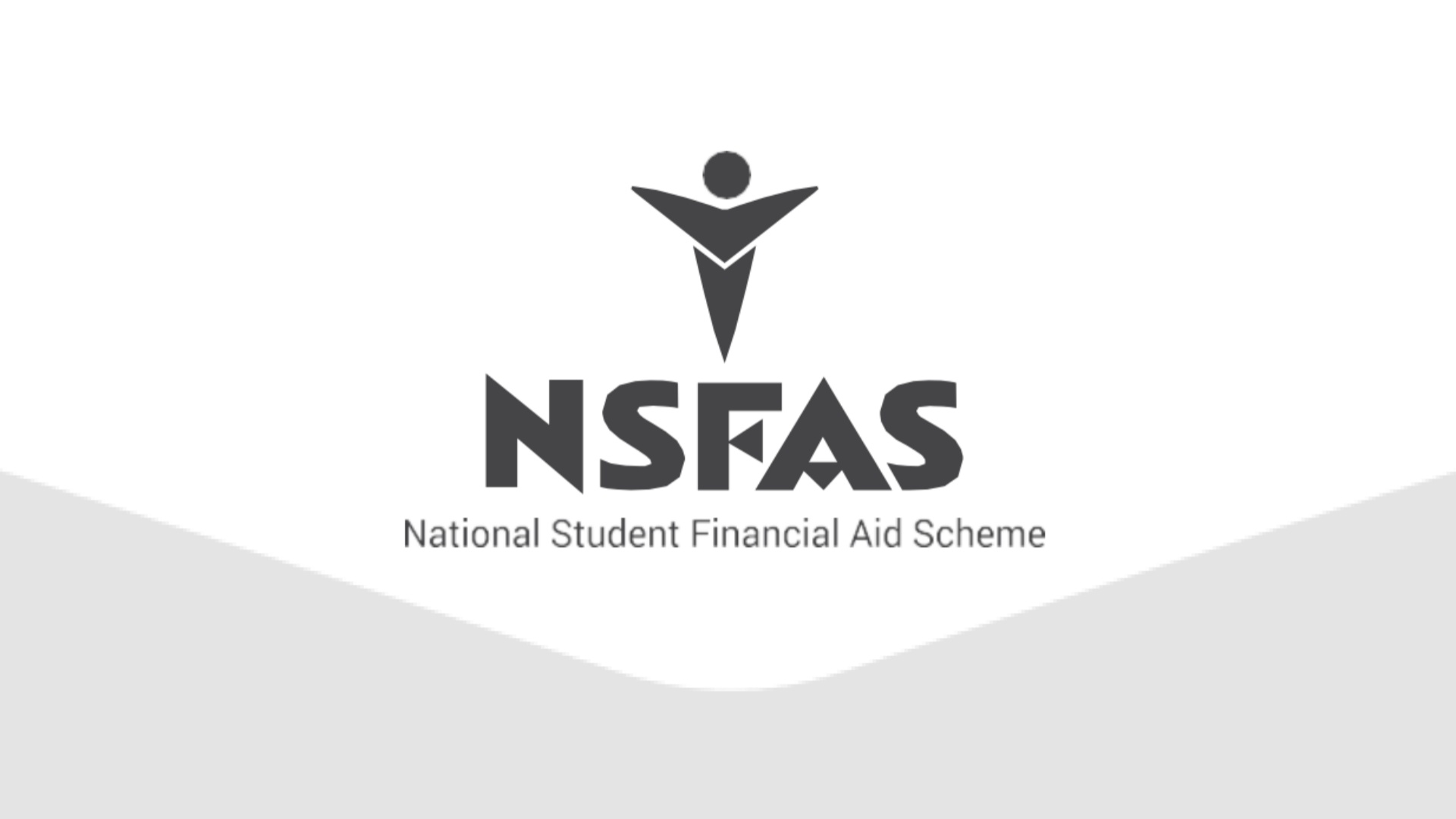The struggle for tertiary students over the past year with the pandemic severely impacting learning has been well documented. One of the key issues outside of the lecture hall has been funding, with the National Student Financial Aid Scheme (NSFAS) being inundated with applications for assistance from learners across the country.
During a visit to the Portfolio Committee on Higher Education, Science and Technology this week, NSFAS Board chairperson Ernest Khosa, provided an update as to the organisation’s plans to tackle several challenges in the coming months.
He also confirmed the numbers as far as eligible students requesting funding, with a total of 1 263 671 being successfully assessed by NSFAS. Of that figure, 712 428 are said to be first time entry students and 551 243 are continuing students.
These latest numbers show the increasingly important role that NSFAS plays for many students in the country, as access to tertiary education remains untenable for large segments of learners.
“To illustrate, in 2017, there were 254 826 students funded and 40 564 graduates were produced. In 2018 these number grew by 84% leading to 361 449 students funded, and 59 249 graduates were produced,” added Khoza while speaking to media (PDF) during his aforementioned visit.
He also outlined some of the key challenges that his organisation is grappling with, noting that cooperation with the Portfolio Committee will be crucial in addressing them in the coming months and year.
Of particular importance to NSFAS is:
- “Student funding shortages;
- Student centred model – delays in funding decisions, appeals processing, disbursements; weak queries resolution mechanism; policy issues such as the N+ 2 rule, absentee parents, postgraduate funding, student accommodation etc.;
- Organisational structure that is not aligned to student centred model, lack of consequence management, lack institutional performance management;
- Negative audit outcomes; and
- Systems that are not fully responsive to the core business of the organisation.”
While that list is five items long, many of them will require significant overhauls to the way NSFAS operates and it remains to be seen if they can indeed be adequately addressed.
As far as student funding shortages are concerned, Khoza explained that continued work with the Department of Higher Education will be needed in order to identify and access new avenues of funding.
“On student cantered model, we have commissioned an application system and process that will make real time funding eligibility decisions; appeals will be immediate for new students and for continuing students a new appeal portal will be introduced in the second semester which will assist in timely decision making,” said the chairman.
“The board, working with the DHET is exploring some funding policy issues. The board has initiated the process of reviewing the organisational structure to align to the student-cantered model. This work is expected to be completed within three months,” he concluded.
Whether struggling students in dire need of fundings can afford to wait three months, however, is highly unlikely.
As such, NSFAS needs to act as quickly as possible on this front.

